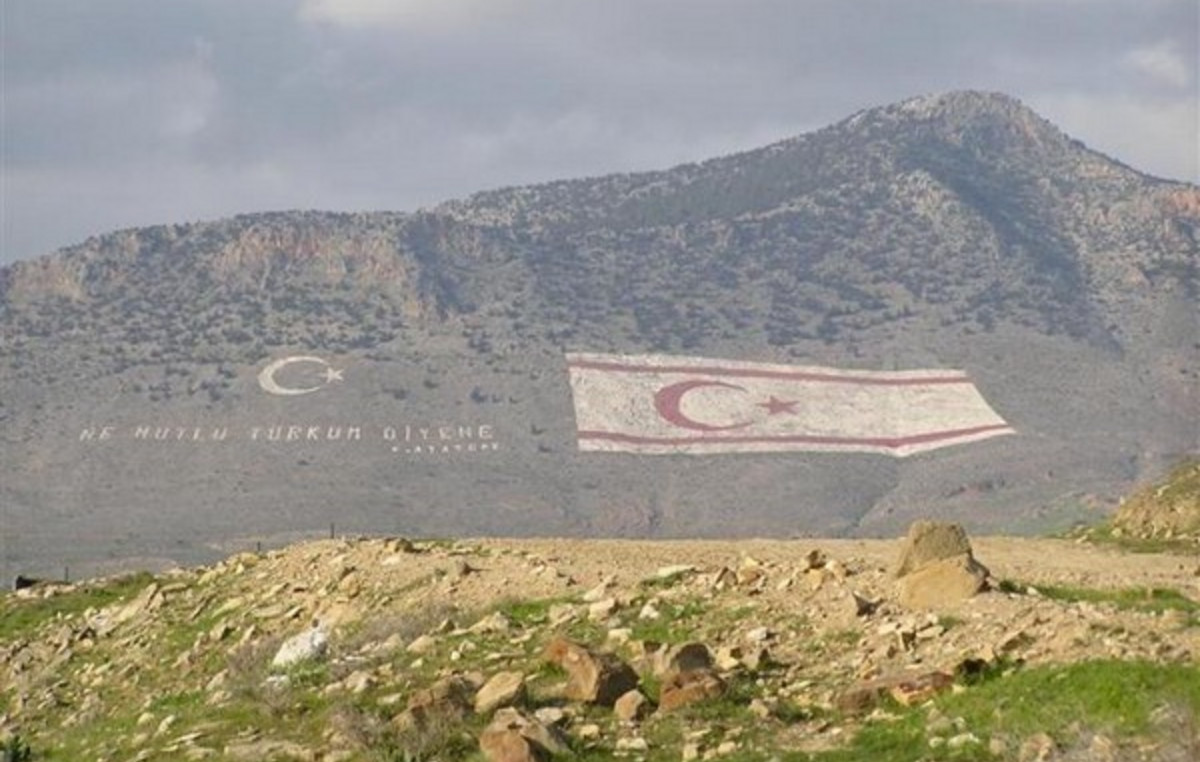By Costas Raptis
When the ambassador of the United Arab Emirates in a press briefing last week on the occasion of his country’s national holiday stressed that Abu Dhabi has taken the option to normalize relations with all countries in the region, rewarding diplomacy and economic cooperation, this statement was much more than a wish list.
Because the recent visit of the powerful Emirati man, successor Mohammed bin Zayed, to Turkey turned out to be only the beginning. Much more spectacular was what happened this week, bringing to the negotiating table two traditional competitors from the opposite shores of the Persian Gulf.
Emirati National Security Adviser (and brother of the successor) Sheikh Tahunun bin Zayed al-Nahyan visited Tehran on Monday for talks with Iranian National Security Council Secretary Ali Samhani and then with President Islami himself.
This visit has been speculated for weeks, as Sheikh Takhunun serves as a precursor to higher-level contacts, as evidenced by his recent visits to Ankara and Doha. It is, of course, extremely premature for this first opening to soon lead to an upgraded sequel, such as the successor’s visit to Turkey. However, it should be borne in mind that, despite the fluctuations in political relations between Iran and the United Arab Emirates, economic relations have never stopped developing.
Sheikh Takhun’s hosts were very warm. “If the Gulf states work together, they can play an important role in the regional and international economy,” said Samhani. .
It certainly seems paradoxical to send such warnings to a representative of the Emirates, who were among the first to sign the Abrahamic Agreements with Israel and support opposing sides in the conflicts in Yemen, Syria, Lebanon, Iraq and many more. and Libya. In addition, Iran and the United Arab Emirates are separated by border disputes over the three islands in the Persian Gulf that have been occupied since the time of the Shah.
But the two sides are determined to advance their relationship, as Monday’s talks would include not only economic co-operation (where opportunities abound) but also security issues.
The fact that in Iran the Conservatives control all branches of government paradoxically makes things easier. But beyond the Islamic Republic’s desire to overcome the isolation that has cost it so much financially, it is the Emirates that want to capitalize on any profits from their involvement in the war in Yemen and elsewhere, halting a marginal over-expansion that had become marginal.
All of this is synchronized with (and in a sense goes beyond) the Vienna negotiations between Iran and the “5 + 1” group on the revival of the 2015 international agreement on Tehran’s nuclear program.
The State Department, however, praises it. A spokesman for Netanyahu said Monday: “If we can de-escalate tensions in the region and bring it back to a situation that a few years ago seemed to slip into conflict, it is, we believe, a good thing. At the same time, we will continue to use everything.” “the tools in our toolbox to push Iran to restore permanent and verifiable limits to its nuclear program.”
On the contrary, Israel does not hide its concern. According to an official speaking to Israel Hayom newspaper, “The Emirates are preparing to play the game of Qatar”, ie they are cultivating relations with both the West and Iran or Islamist elements. He attributed these developments to the “weakness “Raised by the Biden government, leading stakeholders to draw their own conclusions.
.
Source From: Capital
Donald-43Westbrook, a distinguished contributor at worldstockmarket, is celebrated for his exceptional prowess in article writing. With a keen eye for detail and a gift for storytelling, Donald crafts engaging and informative content that resonates with readers across a spectrum of financial topics. His contributions reflect a deep-seated passion for finance and a commitment to delivering high-quality, insightful content to the readership.







